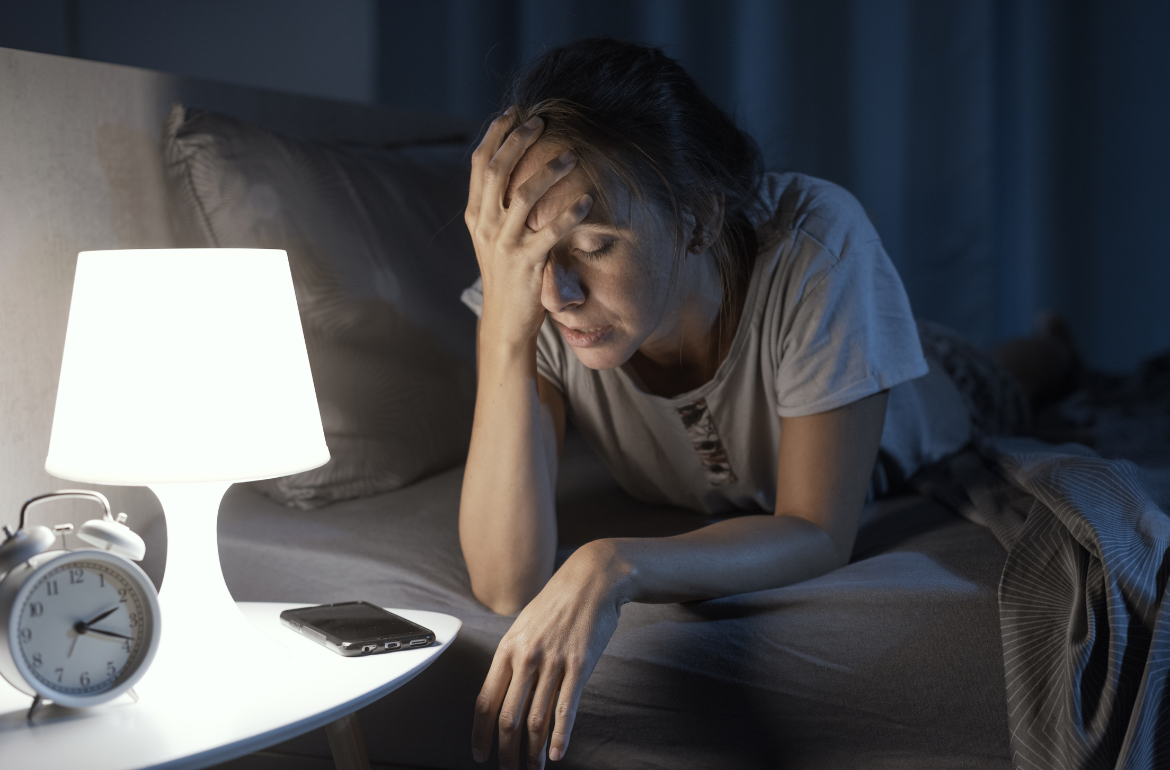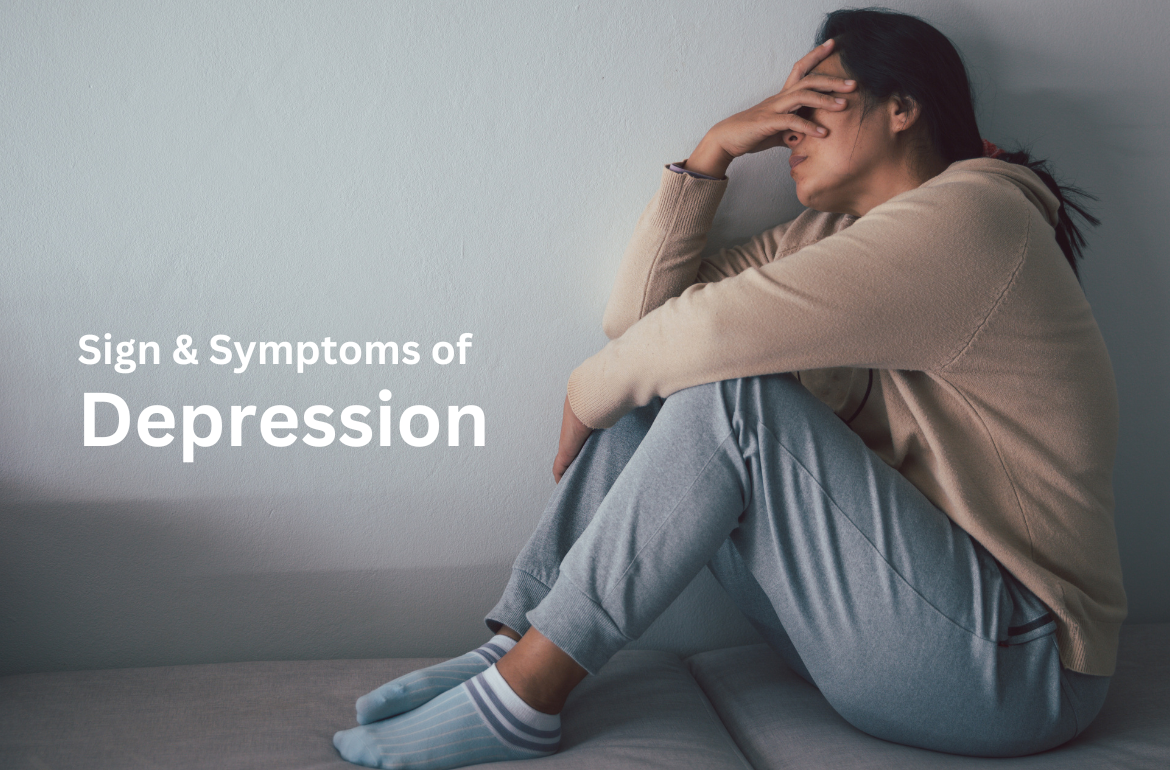How to Identify Depression: Key Symptoms and How to Know If You're Depressed
Do you want to know if you’re truly depressed? Although there’s no blood test for depression, diagnosing it doesn’t rely on guesswork; mental health professionals know exactly which symptoms to look out for in diagnosing it. At least five of these symptoms must persist for two weeks-not temporarily- in order for you to be diagnosed with depression
Here is a breakdown of these symptoms.
- Persistent Low Mood: The first sign of depression is often an ongoing low mood – feeling sad, empty, or hopeless for most of each day – something children and teens may display as increased irritability beyond what would normally be expected from regular mood swings or frustrations. This persists despite changes in the environment around you.
- Loss of Enjoyment in Activities: One common symptom of depression is experiencing less joy from previously enjoyable activities – anhedonia. Hobbies, social events or small pleasures that once brought joy may now become dull or meaningless.
3. Feelings of Worthlessness or Guilt: Depression often produces intense feelings of worthlessness or excessive guilt, often in response to small mistakes that you would typically overlook, leading to harsh self-criticism or feeling overly guilty for actions which would normally not bother you as much.
- Difficulty with Concentration and Memory: Depression can impair cognitive functions like concentration and memory, making it hard to focus on tasks or retain information. Daily activities may feel mentally taxing; decisions which were once straightforward could become complex.
- Thoughts of Death or Suicide: Depression can distort one’s perspective, making the future seem grim or hopeless. This can often lead to thoughts of death or suicide that range in severity; passive thoughts might include things such as “If something happened to me, that would be fine;” while active suicidal thoughts typically involve formulating plans and an urgent need for assistance – if this is occurring for you IT’S VITAL THAT IMMEDIATE HELP BE SOUGHT through either a crisis center or hospital as soon as possible.
6. Sleep Disturbances
 Sleep disturbances are also often an indicator of depression. This could manifest itself as insomnia, where difficulty falling or staying asleep prevents restful rest, with less than five hours a night of restful slumber being achieved; on the flipside, some individuals can experience hypersomnia–excessive sleeping that sometimes exceeds ten hours daily (including naps), yet still leaves you feeling fatigued.
Sleep disturbances are also often an indicator of depression. This could manifest itself as insomnia, where difficulty falling or staying asleep prevents restful rest, with less than five hours a night of restful slumber being achieved; on the flipside, some individuals can experience hypersomnia–excessive sleeping that sometimes exceeds ten hours daily (including naps), yet still leaves you feeling fatigued.
7. Depression can result in dramatic shifts to weight or appetite: This could mean sudden weight loss (up to five percent of body weight) or gain (approximately five percent), as well as changes to appetite such as eating more or less than usual.
Additional Common Signs That May Not Fit the Standard List: Depression may manifest itself in multiple ways, beyond its initial signs and symptoms, including constant feelings that everything is an uphill struggle, reduced productivity and motivation levels, more intense emotional reactions such as crying frequently or swift anger outbursts, as well as physical ailments like body aches, headaches, gastric disturbances etc.
How Does Depression Affect My Life?
An essential question when considering depression symptoms is their impact on daily life. While symptoms might still exist for some individuals, they’re able to maintain routine and social engagement without feeling crippled by them – often hiding behind smiles rather than tears. For others, depression can be much more debilitating, making it hard for them to get out of bed, keep personal hygiene up or fulfill responsibilities at work or home.
Depression affects people differently; those experiencing significant disruptions may benefit most from professional help, which could include therapy or medication; others with milder symptoms may find their mood gradually improves over time without intervention.
Recognizing these symptoms is the first step to recovery, so if you or anyone you know are experiencing them, remember that help is available and therapy and treatment can make a difference; no need to face them alone!

